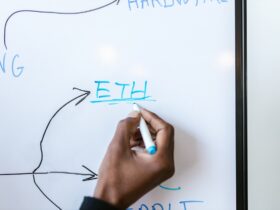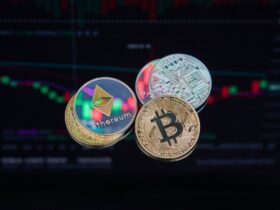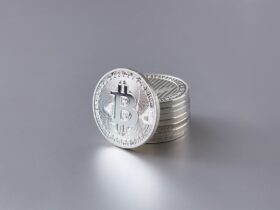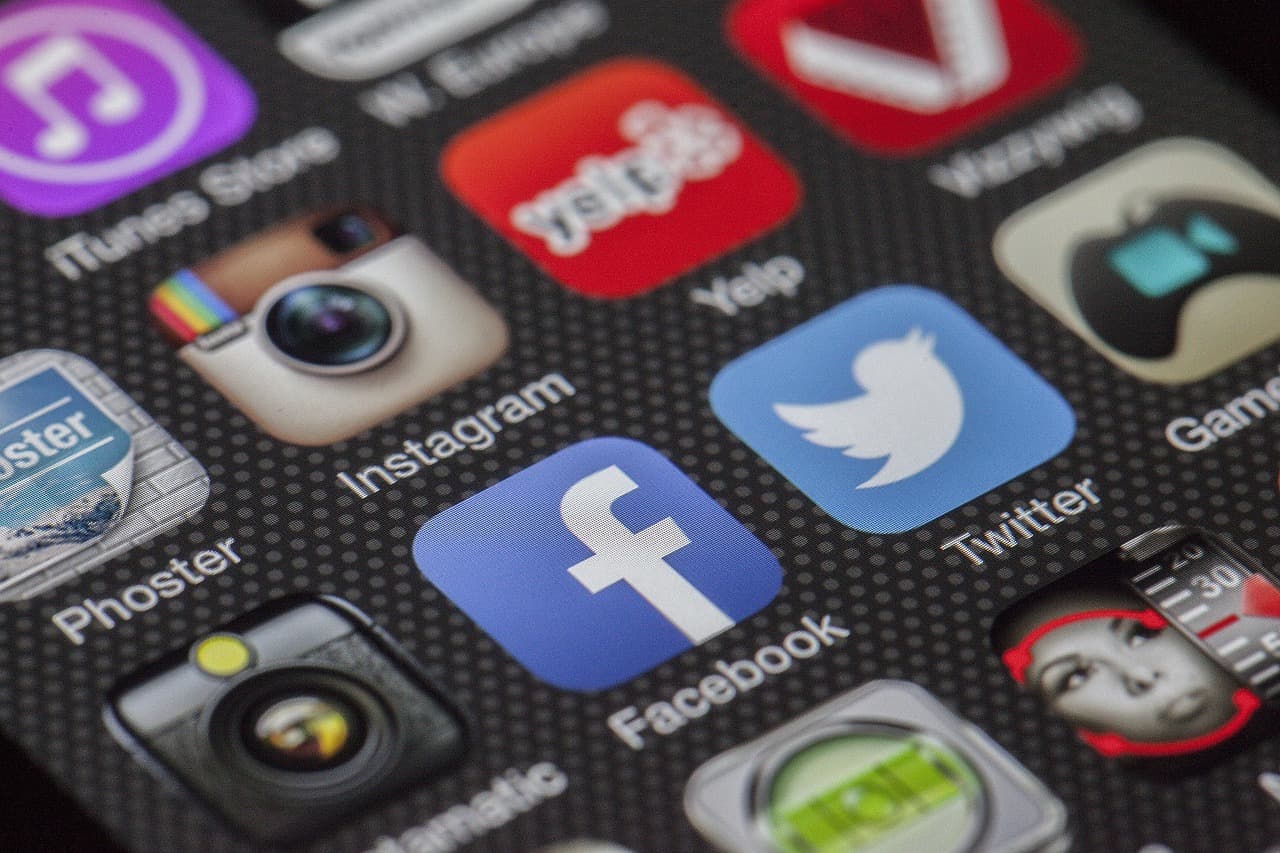YouTube demonetisation, Twitter censorship, Facebook blocking … You can never express yourself freely, talt about brand new independent casinos or remain private on social media as long as Big Brother is watching you. Decentralised social networks come into play. What are these? Where are they now? How do they work? Let’s get to the bottom of it.
What are Decentralised Social Networks?
Decentralised social networks are blockchain-based platforms that allow users to interact, create content and distribute it. They can be compared to Facebook or Instagram, but instead of servers in company buildings, they use a distributed network of computers (blockchain).
Such networks protect user privacy and increase data security. They also incorporate tokens and non-fungible tokens (NFTs), creating new ways to monetise content.
On Facebook, you need to enter your first name, last name, age, location and so on. The platform will also ask you to confirm your email, upload images, and gather as much information about you as possible.
In the decentralised counterparts, you only need to connect a DeFi wallet where you hold private keys, which helps keep your data private.
How Do Decentralised Social Platforms Work?
To understand how these platforms work, you need to understand the “Social Graph”. This is a social network model that maps all the users of a platform and establishes their interconnections. This allows them to communicate through the platforms interface that users see and interact with.
Traditional social networks are hosted by corporations. For example, Meta owns Instagram and Facebook. At the opposite end of the spectrum, decentralised platforms use a decentralised registry – the public blockchain. This allows any user anywhere in the world to run a node, access the backend of the network or create decentralised applications (dApps) and curate their feed.
Benefits of Blockchain
There are many benefits of using blockchain:
- Increased security: Data is spread across many nodes, making it less vulnerable to hacks and attacks.
- Increased user control: Users control their own data and content, not companies.
- New monetisation opportunities: Blockchain enables the use of tokens and NFTs, opening up new ways for content creators to make money.
- Less downtime: Blockchain-based networks are not dependent on central servers, reducing the likelihood of downtime.
- No censorship: There is no centralised authority to control or restrict content.
Key Features of Decentralised Social Networks
Decentralised social networks are built on public blockchains, using their decentralised and seamless nature to create and maintain the functionality of communication and content sharing between people. Unlike corporate-owned networks such as Facebook, Twitter or TikTok, no one can control authorised content or block users.
Advantages:
- No censorship: There are no admins or bots that can delete posts or block users.
- Security and Privacy: Anyone can connect a cryptocurrency wallet or create an account without having to provide personal information.
- NFT: Users can use NFT for avatars or images, which remain their property and can be unplugged at any time.

Examples of Decentralised Social Platforms
There are many decentralised social platforms available. Let’s take a look at some of the most popular ones:
- Minds: Minds is a social network that offers freedom of expression and allows you to earn cryptocurrency. It is the decentralised analogue of Facebook.
- SocialX: SocialX is an open source project that aims to replicate the functionality of Instagram without centralised control.
- BitClout: BitClout is a decentralised network with its own blockchain platform that can scale to one billion users. It is an analogue to Twitter.
- D.Tube: D.Tube is a decentralised alternative to YouTube, where content is monetised differently and content creators don’t have to worry about censorship. There are also fewer adverts here.
- Flote: Flote is a decentralised version of Artstation or DeviantArt where people can share art, performances and stories.
- Cent: Cent is an Ethereum (ETH) based platform that offers long form content, Q&A, and visuals. It is an alternative to Quora.
- Blockster: Blockster is one of the most popular crypto-social platforms including coins, social NFTs, games, stacking, community management, p2p transactions, and more. It is a one-stop solution for all the social networks mentioned.
Conclusion
All these platforms aim to fill a void in the market and provide a decentralised solution to centralised social networks controlled by companies. They aim to ensure user freedom, avoid censorship and geographical blocking, and create new ways to monetise content.
Decentralised social networks offer a future where users have full control over their data and content. Do you think they can replace platforms like Twitter? Only you can answer that question.








